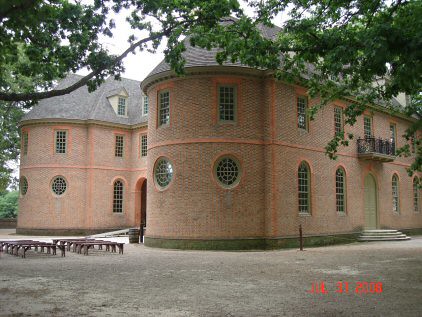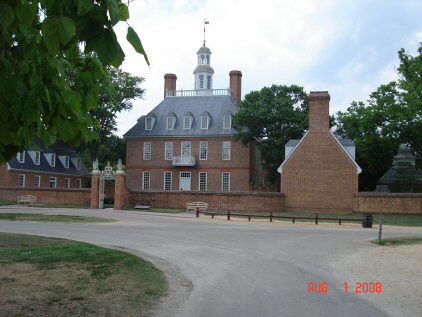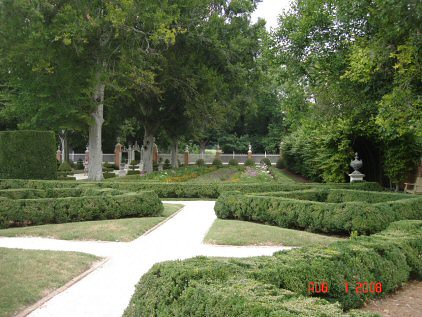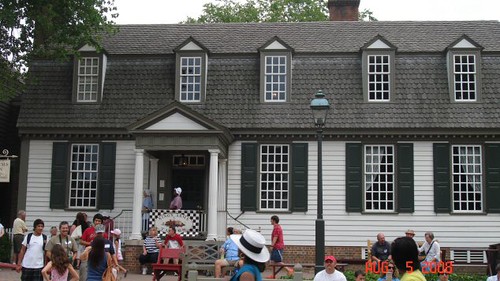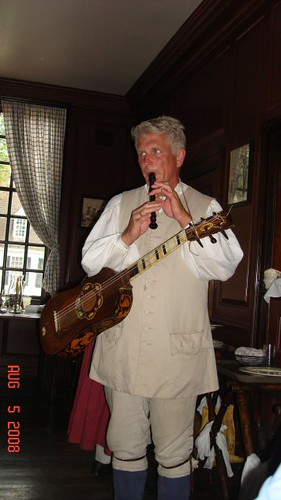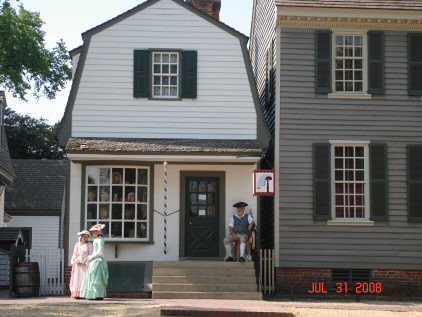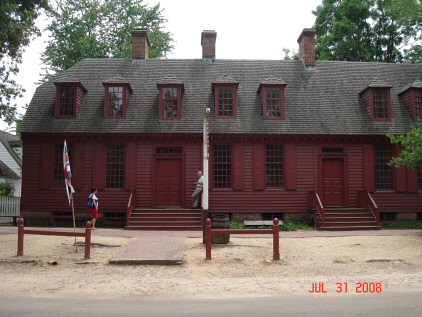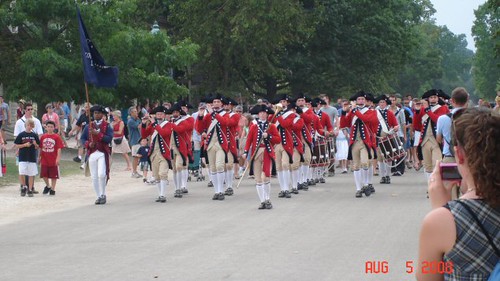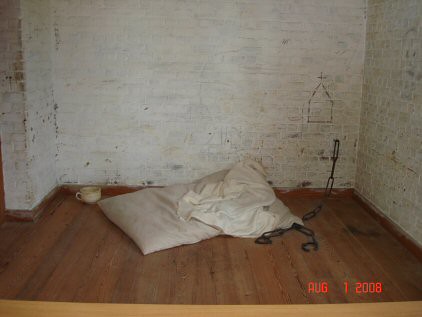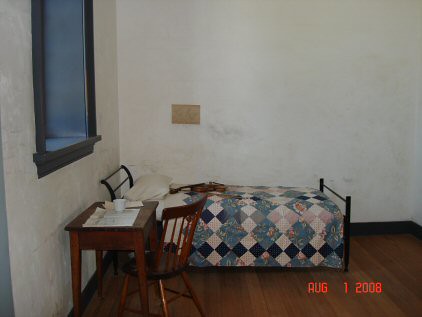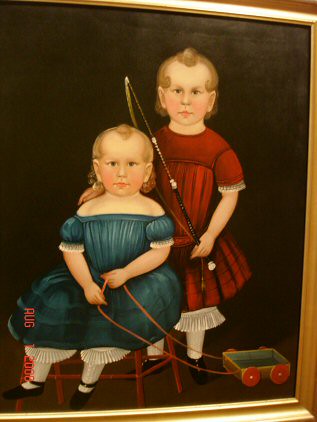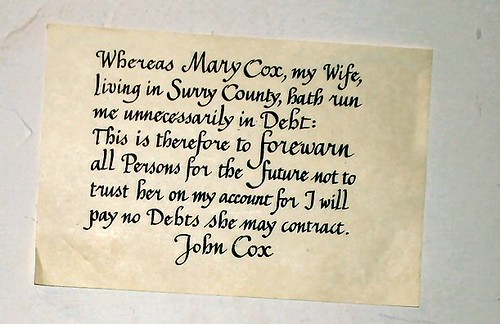Colonial Williamsburg
Williamsburg became the Capital of Virginia in 1699, after Jamestown burned down. It was to remain the Capital for the remainder of the colonial years. It is here that in the mind of patriots such as Patrick Henry, Thomas Jefferson and George Washington, the idea of an independent country began.
We had a great time in Williamsburg, without disturbing the time continuum; we stepped back into he past and saw life as it was in the 18th century.
We dined in Taverns like travelers used to do, strolled along ancient streets bordered by 18th century houses and shops, learned about the artisans of the era and their crafts, witnessed events like the beginning of the collapse of the Royal Government, listened to ghost stories and learned about the life of the early Americans in the 1700’s. It was delightful and very entertaining.
Capitol building.
This site was the seat of Virginia’s colonial government for 75 years.
Alternate view of the Capitol
Governor’s Palace and the gardens
The King’s Arm Tavern, featuring a menu of items served in the 18th century, and live entertainment of the era. We also liked the Shields Tavern for lunch.
Horseman bringing the news of the events that took place in Boston (the Boston Tea party).
Governor Dunmore on the balcony of the Capitol, informing the population about the punishments administered to the protagonists of the Boston Tea Party.
Citizens discussing the events on the day.
We also visited the inside of authentic 1700’s buildings, like the Wetherburn Tavern, where we learned what it meant to be a traveler in those days. A basic price for room and board was set by the authorities. That meant that for that price, you were entitled to a meal and a place to sleep. That did not mean you would have a private room, not even a private bed for that matter. The standard price meant; you would be sleeping with perfect strangers, in the same bed, in a room that would house about 20 people. If you had enough money to pay for “private accommodationâ€; you would sleep alone in your bed, but there would be multiple beds in the same room. Remember that bathing too often was considered hazardous to your health at the time, and that the bed linens were rarely changed, now just try to imagine the smell…. 😛 🙁
While in Colonial Williamsburg we visited the 1773 Public Hospital, which is the gateway to the DeWitt Wallace Decorative Arts Museum and the Abby Aldrich Rockefeller Folk Art museum. These were outstanding museums and well worth the time.
Example of a mental patient room in 1776. Patients were often called “inmatesâ€.
In 1845, patient’s comfort had become more important as shown by the more comfortable furniture in the rooms.
Example of a portrait painted by a self-taught artist as seen in the Folk Art museum. This is the portrait of 2 young boys. (Did you notice that boys were wearing dresses back then?)
Times change but money problems remain the same…

